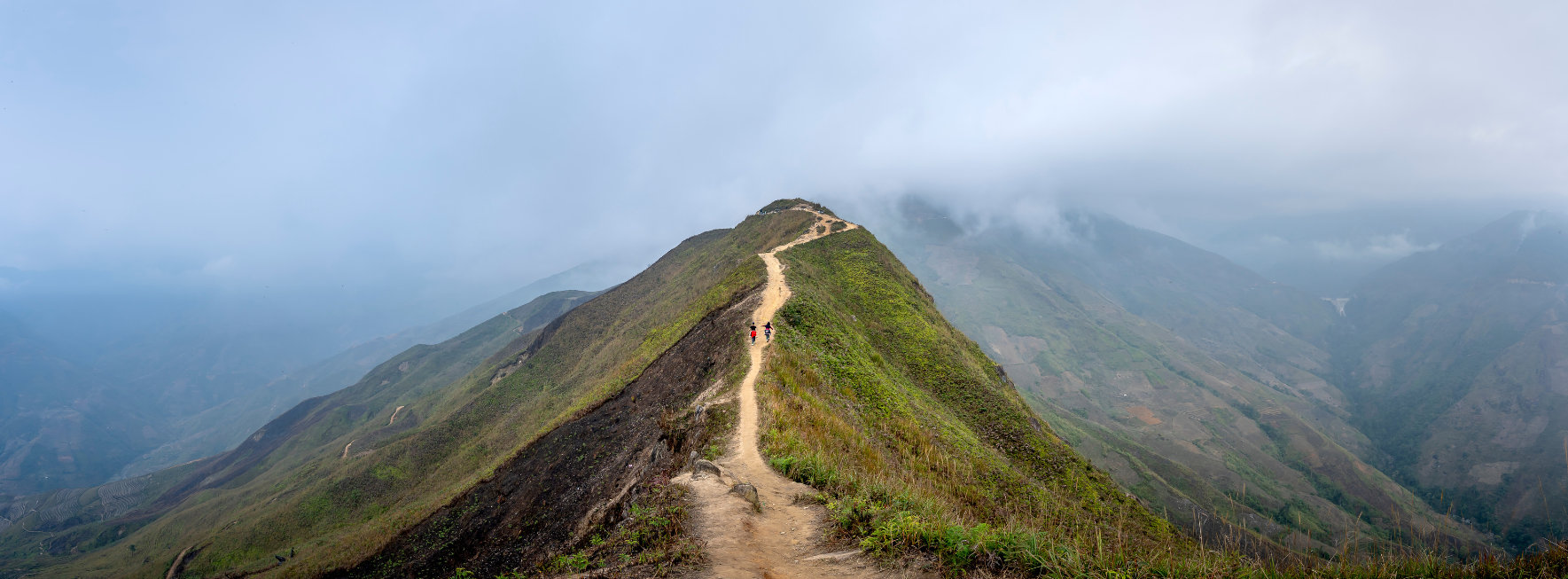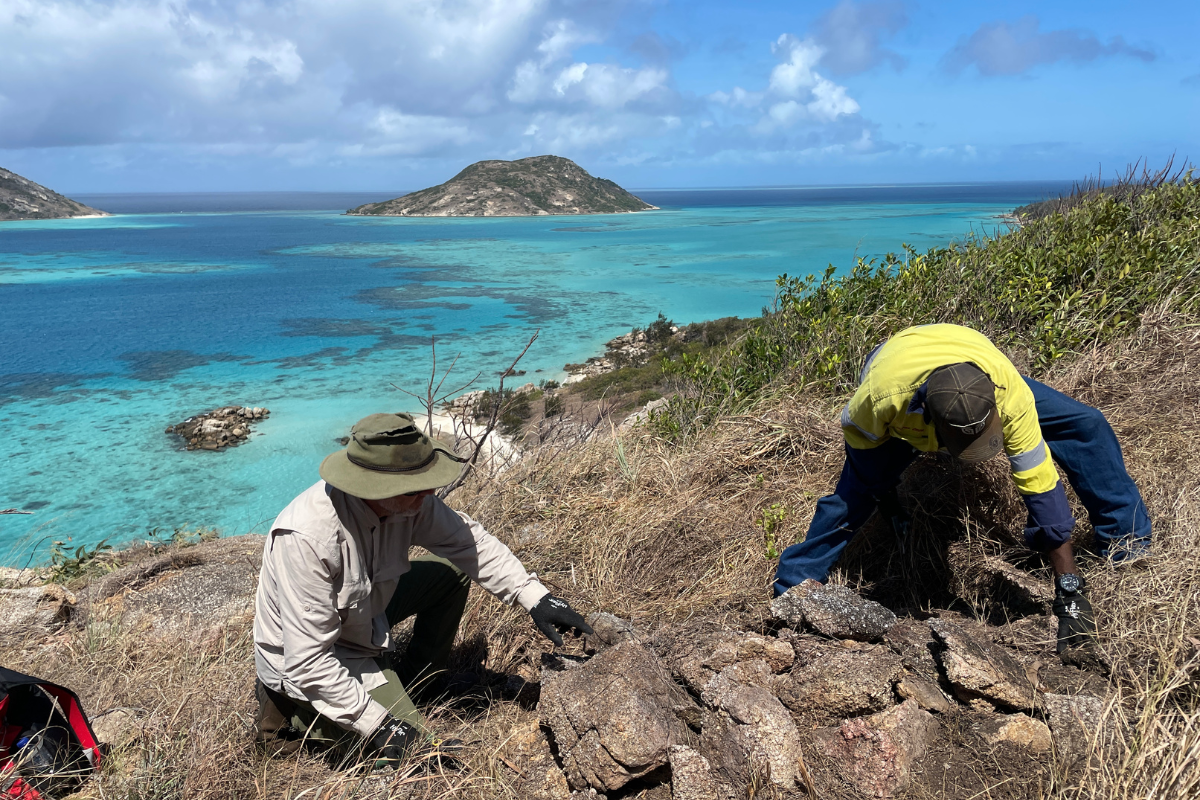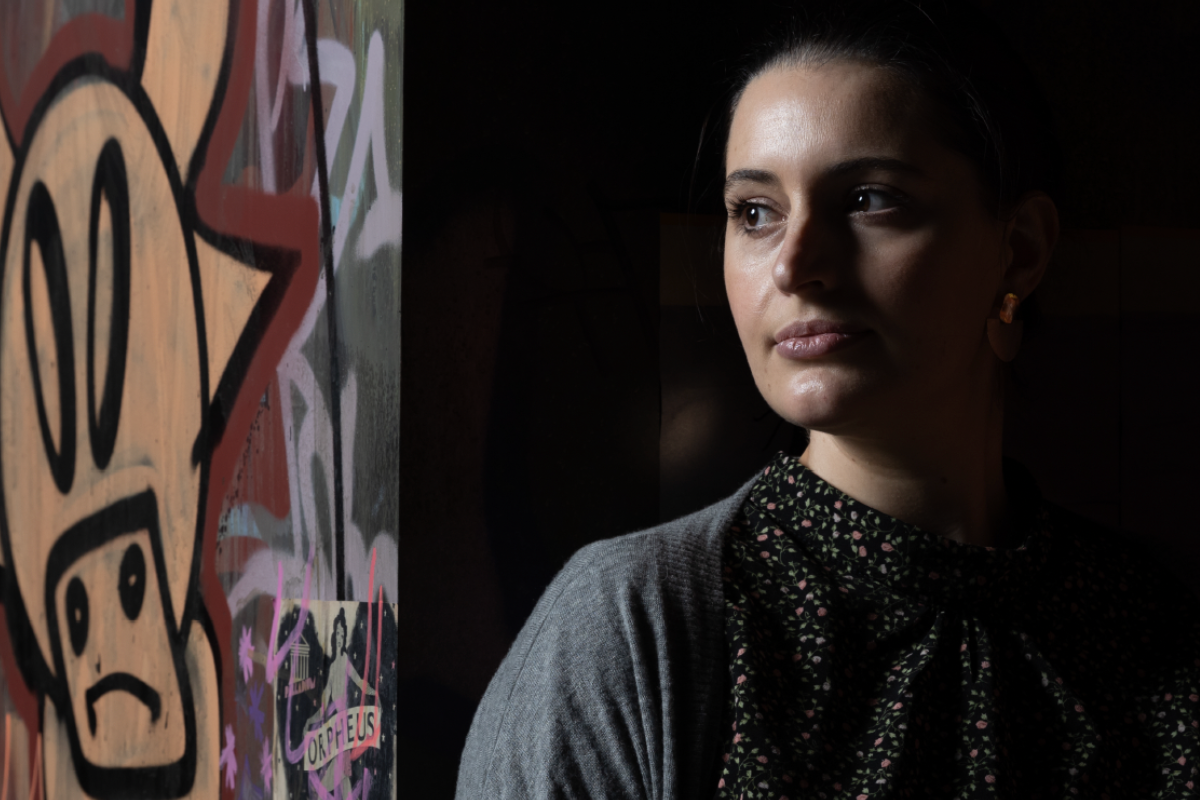
We live in an age of anxiety about the death of democracy. Perhaps it has always been thus. Worries about the fragility of democracy are as old as democracy itself.
It might seem perverse then, that my central claim is that we should see the Uluru Statement from the Heart, and its call for a Voice to Parliament, as essentially a democratic claim. But I believe this is the best way of understanding it.
The Voice is not an expression of ‘identity politics’. It is not ‘woke’. And nor does it require us to resile, somehow, from liberal democratic values. We should see it in the context of what I will call democratic liberalism.
Lying behind my claim is a vision of how democracies live, rather than die.
An opportunity for political transformation
Our collective engagement with the proposal for a Voice to Parliament represents a potential moment of constitutional and political transformation for Australia.
Paul Keating once said that when you change the government you change the country. It’s even more true when you change the constitution. But it’s also not only about changing the constitution. It’s also about how we understand the nature of citizenship and the norms of our democratic life.
If democracies die when democratic norms and institutions come apart, they come alive when we weave together new modes of collective action and institutional innovation.
Now, I am not saying that the Voice is valuable because it meets some pre-established test of western democracy.
One thing the Voice will enable, I believe, is an opportunity for Indigenous communities across Australia to make sense of democratic practices in their own terms.
The final report on the co-design process for the Voice makes clear, in abundant detail, just how diverse Indigenous decision-making forums are, and could be, and how they would be integrated into a National Voice, in the framework it proposes.[i]
So, when I say that we should see the proposal in democratic terms, I am not suggesting we simply fold it into our existing democratic theories. The proposition is deeper and more interesting than that.
First, we need to challenge the standard assumption that the state and its boundaries are justified. And, hence that the justificatory burden is on Indigenous peoples as to why they have the rights and powers they claim to possess. This assumption lies at the foundation of much contemporary legal and political theory addressing Indigenous claims today.
Instead, we must ask: on what grounds is the liberal state’s sovereignty and control over territory justified to Indigenous peoples?
If we fail to grapple with this primary question, then many of the critical issues to do with sovereignty, property, the scope of rights, and indeed complex policy matters, become problematically pre-determined.
Our constitutional order remains unsettled
The second thing we must address is the legacy of settler colonialism. The seizure and control of territory was at the heart of it.
The justification of dispossession drew on ideologies of civilisational and racial superiority and the denigration of Indigenous peoples’ philosophies, cultural practices, and ways of life.
Moreover, the dispossession of Indigenous peoples’ lands and political institutions is not something that has only happened in the past. It is ongoing.
After all, it was only in 1992 that we recognised native title in Australia. And it was only in 2019, that the High Court recognised that compensation might be due for cultural loss because of dispossession.
As a result, our constitutional order remains unsettled.
Remembering this also helps put claims about the Voice somehow inserting race-based politics into our constitution into proper perspective. For it was successive Australian governments in the nineteenth and twentieth centuries who approached Indigenous issues through the language of race and used it to discriminate against them, not Indigenous peoples.
The current Australian constitution is suffused with that history of racial politics. Remembering this focuses attention on the extent to which Indigenous communities are cultural and political entities, not racial ones.
The proposal makes clear that the Voice will interact with parliamentary sovereignty, not stand aside from it. In an era of hyper-political polarisation, we need more of these cross-cultural forums for civic conversation, not less.
Democratising the process of democratisation
The conception of democracy the Voice prefigures is more open, pluralistic and dialogic than many of those dominant in political science discourse today.
So, one way of understanding the Voice is as a move to democratise the process of democratisation in Australia.
This sounds paradoxical, but it isn’t.
It prefigures a disclosive and ethical dimension to democratic practice. As we work collectively, in a pluralistic society, to figure out the terms on which we can live together, new perspectives, understandings, and practices are disclosed to us.
We must then come up with ways of addressing those perspectives, and the consequences they reveal, in a manner consistent with the premise of treating each other as free and equal.
Constitutionally recognising a Voice to Parliament creates a structured conversation about not just the legacy of settler colonialism, but also about the future.
The challenge evolves, as now we are aware of a plurality of normative orders in existence — cultural, legal, political — as revealed through Indigenous democratic practices, which were previously invisible to us and our existing institutions.
And, it is through these practices that Indigenous citizens make sense of not only the power being exercised over them, but the best way of securing their equal freedom, as well as that of others.
But in being disclosed, this doesn’t necessarily make the conversations any easier. Disagreements persist. New misunderstandings emerge. Our aspirations sit alongside our prejudices and indifference to others.
But democracy, understood in this way, works recursively, oriented by the demand that individuals and groups share equally in the collective work of ruling.
It’s what Noel Pearson was gesturing at, I think, in his 1994 Academy of Humanities Hancock Lecture, when he claimed that Mabo was the ‘citizenship decision’ for Indigenous Australians: the “beginning of the sharing of justice and citizenship in this country”.[ii]
But what kind of citizenship?
Liberal citizenship is traditionally understood as a universalisable legal and political status, grounded in certain basic rights and duties, both positive and negative, institutional and moral. On the account I’ve sketched here, citizenship is less a status than it is a practice. The two aren’t mutually exclusive, but the emphasis shifts.
Healthy representative democracies are grounded in healthy civic practices of citizenship: those everyday relational practices of listening, participation, negotiation, and compromise, that in turn are nurtured and protected through appropriate material and institutional safeguards — such as the provision of fora within which they can flourish.
As John Dewey put it, democracy is not just a set of institutions, but a social idea: we find ourselves, as citizens, “returning to the idea [of democracy] … clarifying and deepening our apprehension of it … employing our sense of its meaning to criticise and remake its political manifestations”.[iii]
This is what lies before us in the run-up to the referendum on the Voice.
Watch the full video:
References
[i] Indigenous Voice Co-design Process: Final Report to the Australian Government (Canberra: Commonwealth of Australia, National Indigenous Australians Agency, July 2021), accessed at: https://voice.niaa.gov.au/final-report#
[ii] “Mabo and the humanities,” accessed at: http://humanities.org.au/wp-content/uploads/2017/04/AAH-Hancock-Lect-Pearson-1994.pdf
[iii] John Dewey, The Public and its Problems, ed. Melvin L. Rogers (Athens: Swallow Press, 2016), 172.



